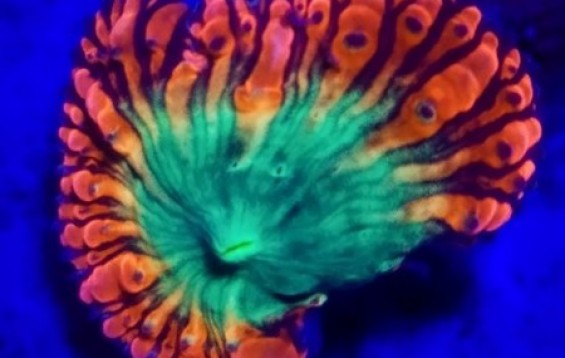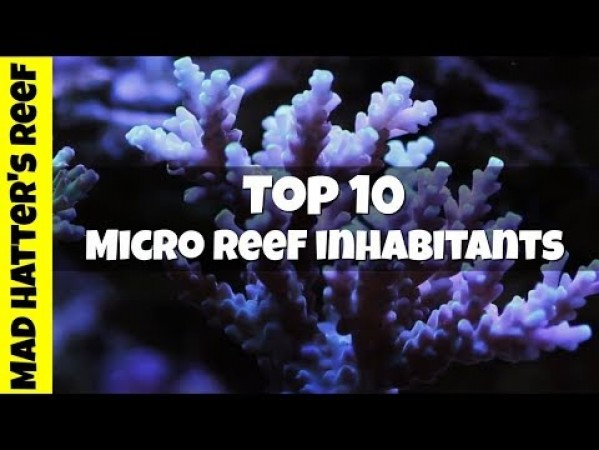- Name:
Peacock Blasto
- Family: Mussidae
- Species: Blastomussa
- Scientific Name: Blastomussa sp


General info about Peacock Blasto
In general, the Blastomussa corals have many small corallites that are usually swollen and round in shape. When the polyps are out, the entire colony will look similar to a mushroom anemone.
- Calcium: 400 - 450 ppm
- Alkalinity: 2.86 - 4.29 MEQ/L (8 - 12 dKH)
- Phosphates: 0
- Magnesium: 1200 - 1350
- Strontium: 8 -10
- Temperature: 72° - 78° F (22° - 26° C)
- Salinity / Specific Gravity: 1.023 - 1.025
- pH: 8.1 - 8.4
Peacock Blasto Diet & Nutrition
The primary nourishment of the Peacock Blasto is provided by the symbiotic zooxanthellae living within its tissues. But on top of this, we recommend you still do supplemental feeding by adding mysis or brine shrimp.
Fragging / Propagating Peacock Blasto
A mature tank is highly recommended in propagating Peacock Blasto. They need to be set at the bottom level of the tank.
Flow / Lighting Requirements for Peacock Blasto
The Peacock Blasto requires moderate lighting and low water flow.
Peacock Blasto Origin
The Peacock Blasto can be found in the waters of the Indo-Pacific Ocean, particularly in Japan, Malaysia, Polynesia, and Australia.
Caution Should be Taken with Peacock Blasto
You have nothing to worry about Peacock Blasto. They have a peaceful behavior and do not attack even if there is a nearby coral.
How to Acclimate Peacock Blasto
Peacock Blasto is a marine species. Therefore, salinity must be entirely maintained at 1.023 to 1.025 specific gravity.
Original Detail
| Name | Species | Family | Scientific Name | More Detail | Added by |
|---|---|---|---|---|---|
| Peacock Blasto | Blastomussa | Mussidae | Blastomussa sp | In general, the Blastomussa corals have many small corallites that are usually swollen and round in shape. When the polyps are out, the entire colony will look similar to a mushroom anemone.
|
PalaciosAn |
Changed by users
| Submitted Date | Submitted By | Status | Action |
|---|



